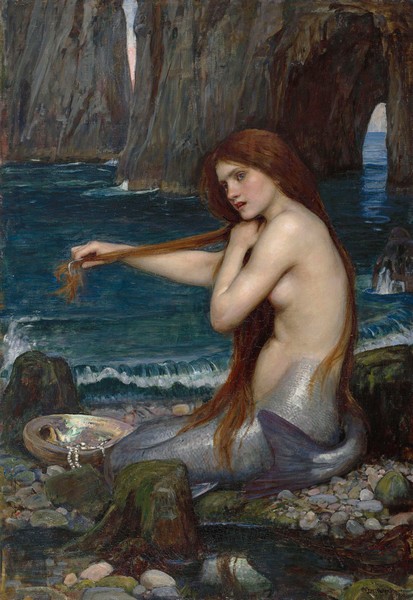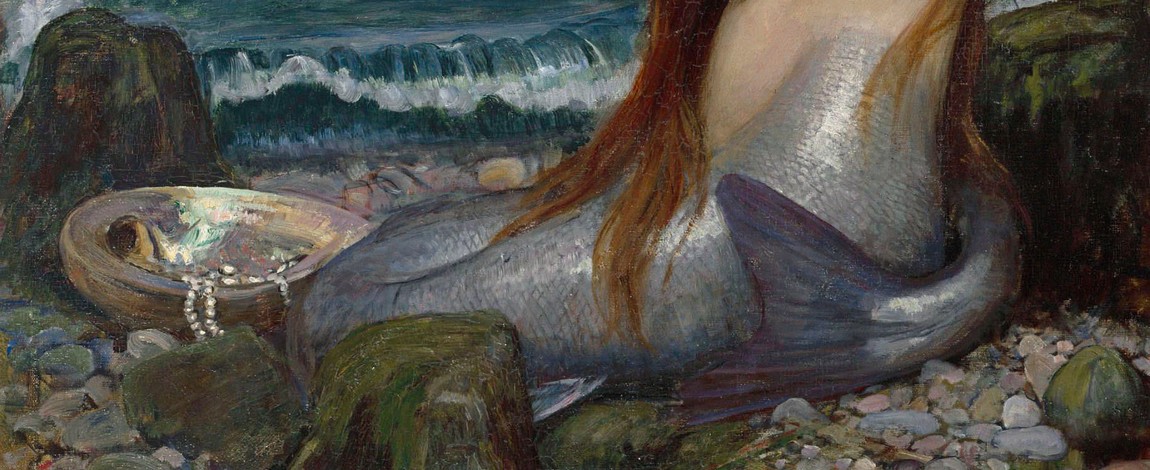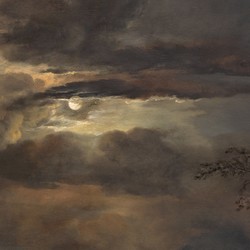
We listened to Johannes Brahms' Mondenschein last week, and I promised you that I would keep talking about it this week. You'll understand why if you stop reading and start listening to the song this week, Sommerabend: after two beginning chords, we hear the voice singing the same beautiful melody we heard in the second part of Mondenschein. After Robert Schumann’s Kerner-Lieder, we have another unusual example of song where the music is “reused” by the composer.
The two Brahms' songs were written at the same time, in May 1878, and were released together; Sommerabend is No. 1 of Opus 85, and Mondenschein is No. 2. The choice to employ the same musical material (with minor adjustments) in two distinct songs was unusual, and Brahms attempted to explain his reasoning to his friends, conductor and composer Otto Dessof and Clara Schumann. The idea is that Heine's poems are next to each other in Die Heimkehr (the 85th and 86th, respectively) and both are lit by the moon, so Brahms considered his music was appropriated for both scenes.
The explanation didn't convince Dessof: there are ties between the two poems, but not enough to justify a musical continuity. Schumann was sceptical as well: she found the songs interesting, but they failed to captivate her. However, a few days later she wrote to Brahms again to tell him that she liked them more and more, and that they could make you dream.
Dessof was somehow right in his objections. As we saw last week, Mondenschein describes the emotions of the poetic voice in the first person, as is so usual in Heine, while Sommerabend depicted a scene in the forest in the third person. The first stanza describes the moon's rising. The green of the forests is still visible, and the moon shines golden against the blue sky. Our gaze is directed towards a wanderer in the second stanza, and the music changes: he stops because he notices something moving in the water and hears a splash sound. In the third stanza, we look to where the wanderer looks: a water-sprite is bathing in the brook, illuminated by the moon. And thanks to Heine’s words, but surely also thanks to the music that we begin to know so well, we share with him the emotion of attending such a rare and beautiful scene.
The light of the moon inspired Brahms to use this music twice; in his letter to Dessof he said he found it irritating not to be able to use it more than once when he could do so justifiably. Although the two songs can be heard separately, as are often performed in recitals, I'm sharing them together for the full effect. In both cases, the performers are Dietrich Fischer-Dieskau and Hertha Klust. I hope you like the songs, either together or separately.
Dämmernd liegt der Sommerabend
Über Wald und grünen Wiesen;
Goldner Mond, am blauen Himmel,
Strahlt herunter, duftig labend.
An dem Bache zirpt die Grille,
Und es regt sich in dem Wasser,
Und der Wandrer hört ein Plätschern,
Und ein Athmen in der Stille.
Dorten, an dem Bach alleine,
Badet sich die schöne Elfe;
Arm und Nacken, weiß und lieblich,
Schimmern in dem Mondenscheine.
At twilight the summer evening lies
Over woods and green fields;
In the blue sky the golden moon
Gleams down in a refreshing haze.
By the brook, the cricket chirps
And something stirs in the water,
And the traveler hears a splashing sound,
And a breathing in the silence.
Over there, alone by the brook,
The fair water-sprite is bathing;
Her arm and neck, white and lovely,
Shimmer in the light of the moon.
(translation by Emily Ezust)
Nacht liegt auf den fremden Wegen, –
Krankes Herz und müde Glieder; –
Ach, da fließt, wie stiller Segen,
Süßer Mond, dein Licht hernieder.
Süßer Mond, mit deinen Strahlen
Scheuchest du das nächt’ge Grauen;
Es zerrinnen meine Qualen,
Und die Augen überthauen.
Night lies on the unfamiliar roads;
a sick heart and tired limbs...
ah, like a quiet blessing, there flows down,
sweet moon, your light;
Sweet moon, with your rays
You drive away the night horror;
Away runs my pain,
And my eyes brim over with tears.
(translation by Emily Ezust)
Related articles


















Comments powered by CComment